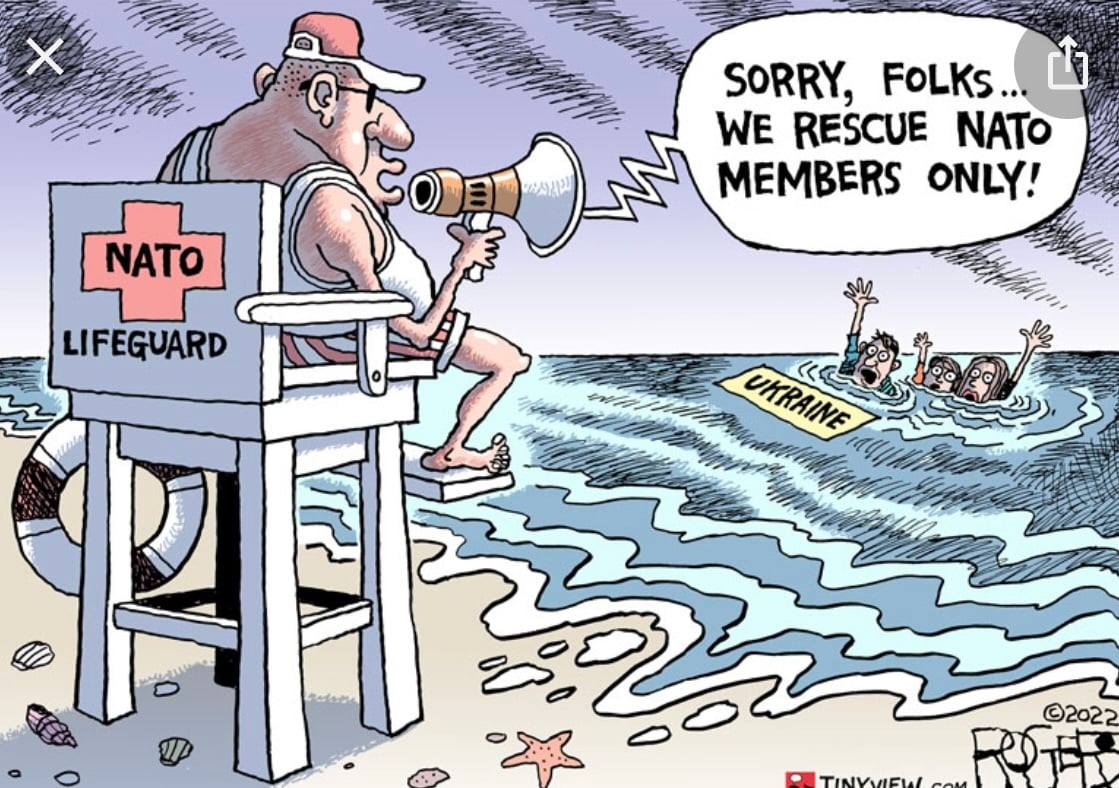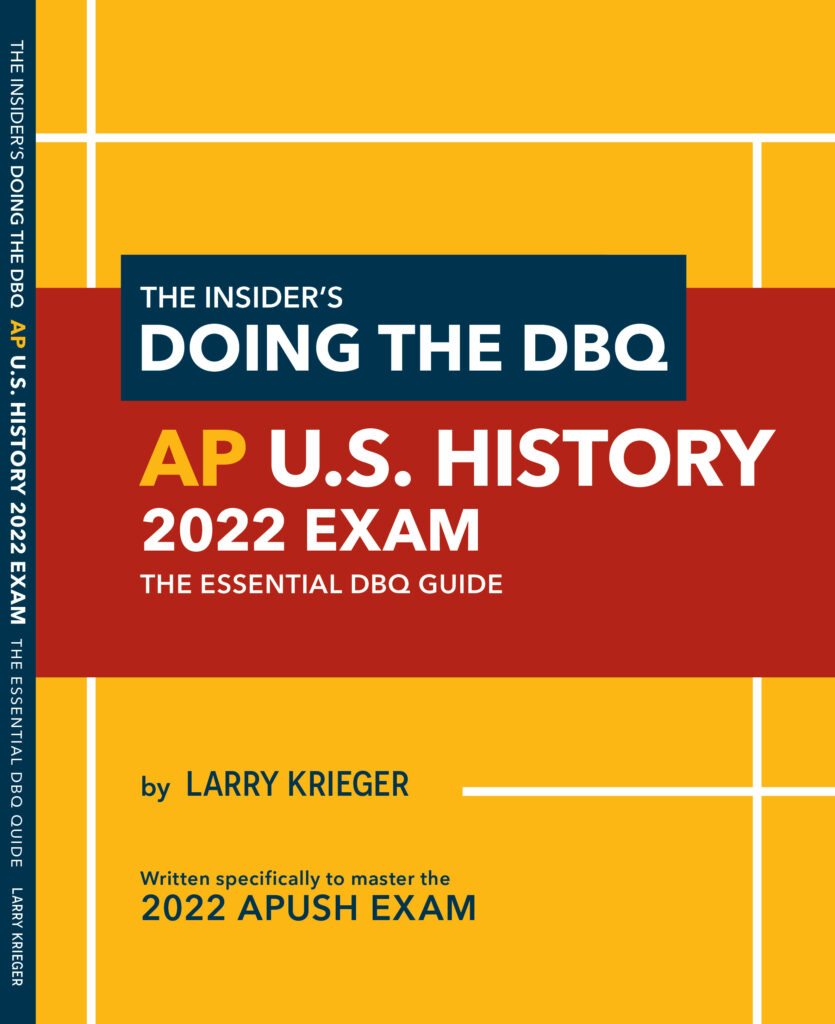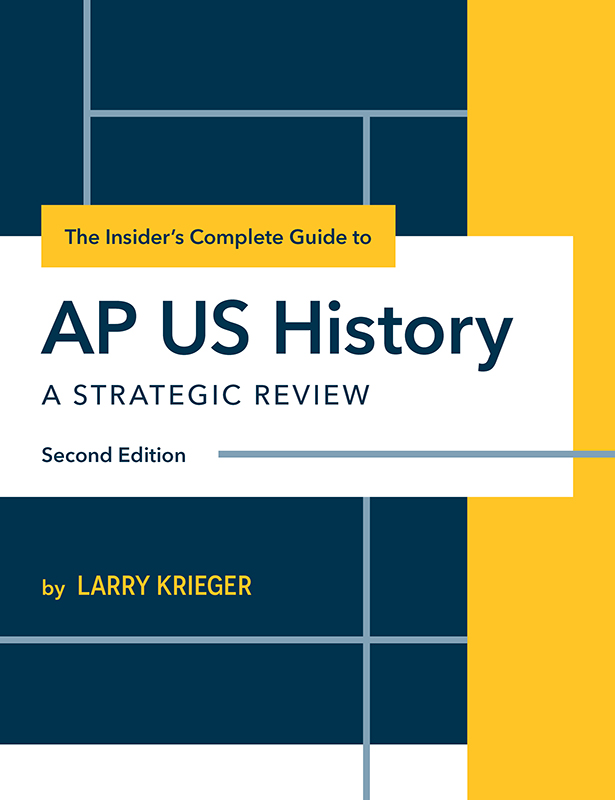Entering Uncharted Waters
“Don’t kid yourself,” Biden warned congressional Democrats. “No matter what you all say, that’s called World War III, OK.”
Vladimir Putin’s brutal invasion of Ukraine has not gone as he planned. The Russian war machine’s advance has been slowed by poor planning, mounting casualties, and heroic Ukrainian resistance. At the same time, a unified NATO alliance is imposing punishing economic sanctions designed to cripple the Russian economy.
Many diplomats argue that Putin will be forced to rectify his profound miscalculations by seeking a negotiated settlement. However, it is important to remember that Putin is an autocratic leader. Strongmen like Putin cannot accept a military stalemate or even worse a humiliating defeat. Although the ongoing negotiations with Ukraine offer an exit ramp, an increasingly frustrated Putin may instead choose to double-down by using long-range missiles and artillery fire to pulverize Ukrainian cities.
A cornered but still dangerous Putin will force President Biden and the Western allies to make hard decisions. Today’s political cartoon provides a visual image of the dilemma confronting Biden. The United States has thus far attempted to walk a fine line between aiding Ukraine and avoiding escalation that would turn a regional war into a global conflagration. “Don’t kid yourself,” Biden warned congressional Democrats. “No matter what you all say, that’s called World War III, OK.”
Although President Biden may want to avoid a hot war between the world’s largest nuclear powers, he may be unable to avoid becoming entangled in a broader conflict. Like the lifeguard in today’s political cartoon, Biden may be forced to enter uncharted waters.

A prolonged siege of Kyiv will inevitably test Biden’s resolve. Kyiv is a large city that covers 325 densely populated miles. The looming battle for Kyiv will soon become the largest and most costly urban conflict since World War II. Will NATO be able to stand on the sidelines and watch a desperate battle that will destroy a beautiful city and intensify an already mounting refugee crisis? How will the United States respond if an increasingly desperate Putin uses chemical and/or biological weapons to demoralize the Ukrainian fighters?
History has shown that staying out of a conflict is easier to say than do. The United States attempted to stay out of both World War I and World War II. However, an imminent Allied defeat along the Western Front and the Japanese attack on Pearl Harbor forced the United States to give up its isolationist policy. The same pattern of unexpected escalation could also happen in Ukraine.

Larry Krieger
Author · Instructor





